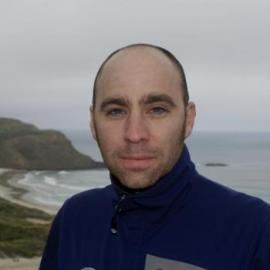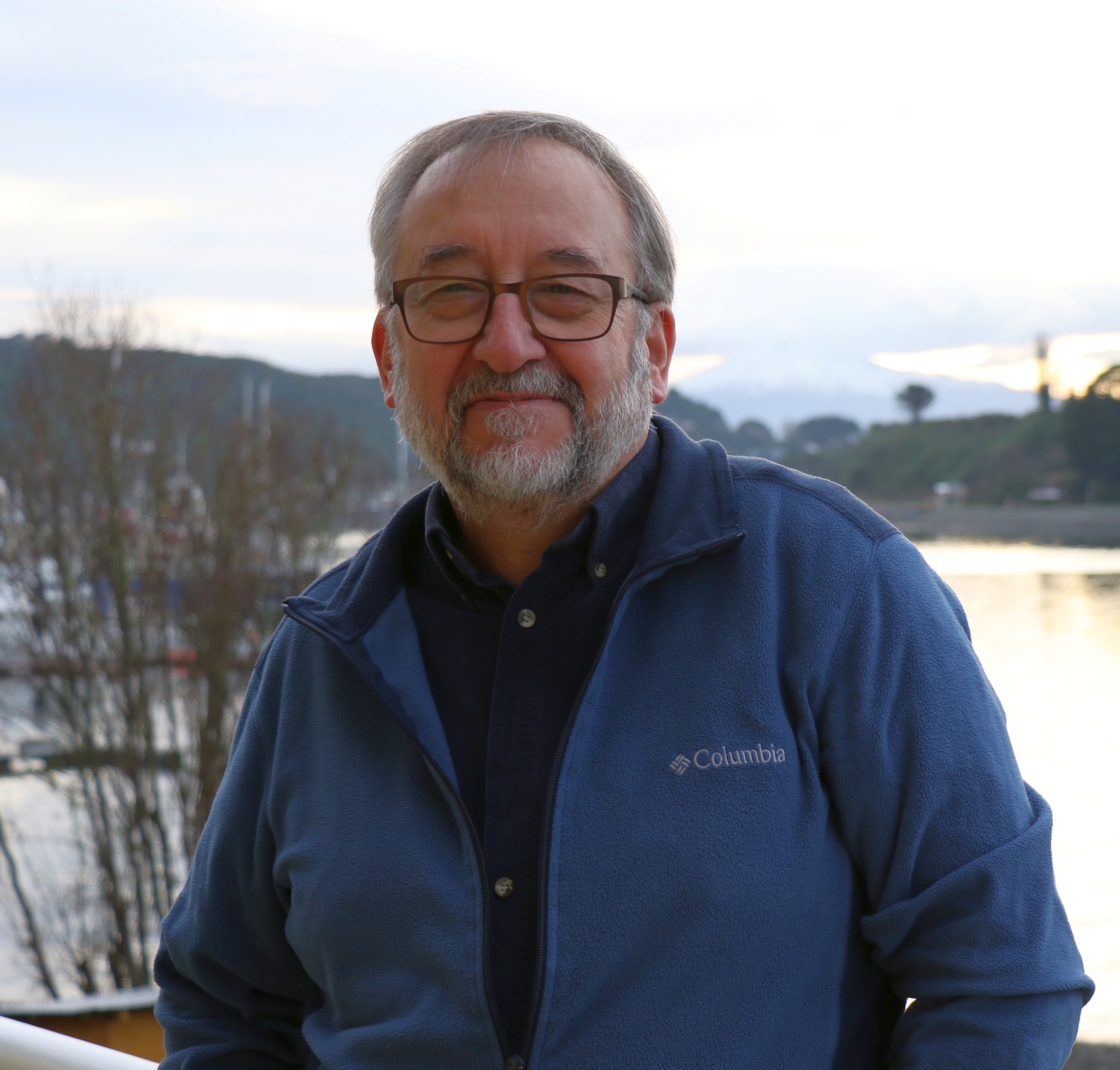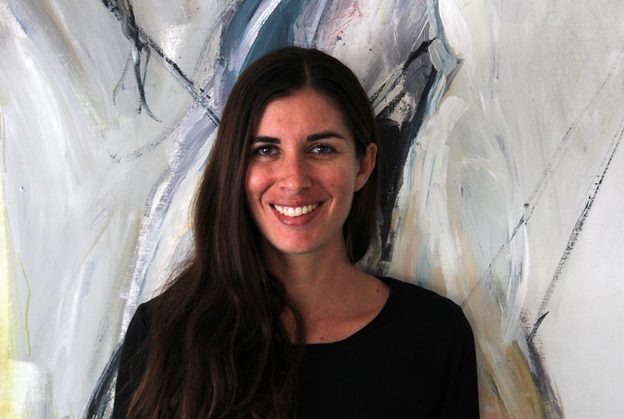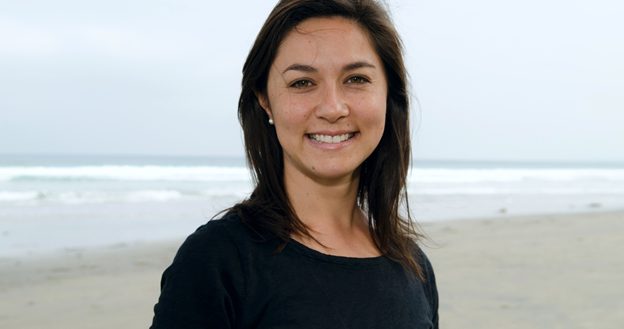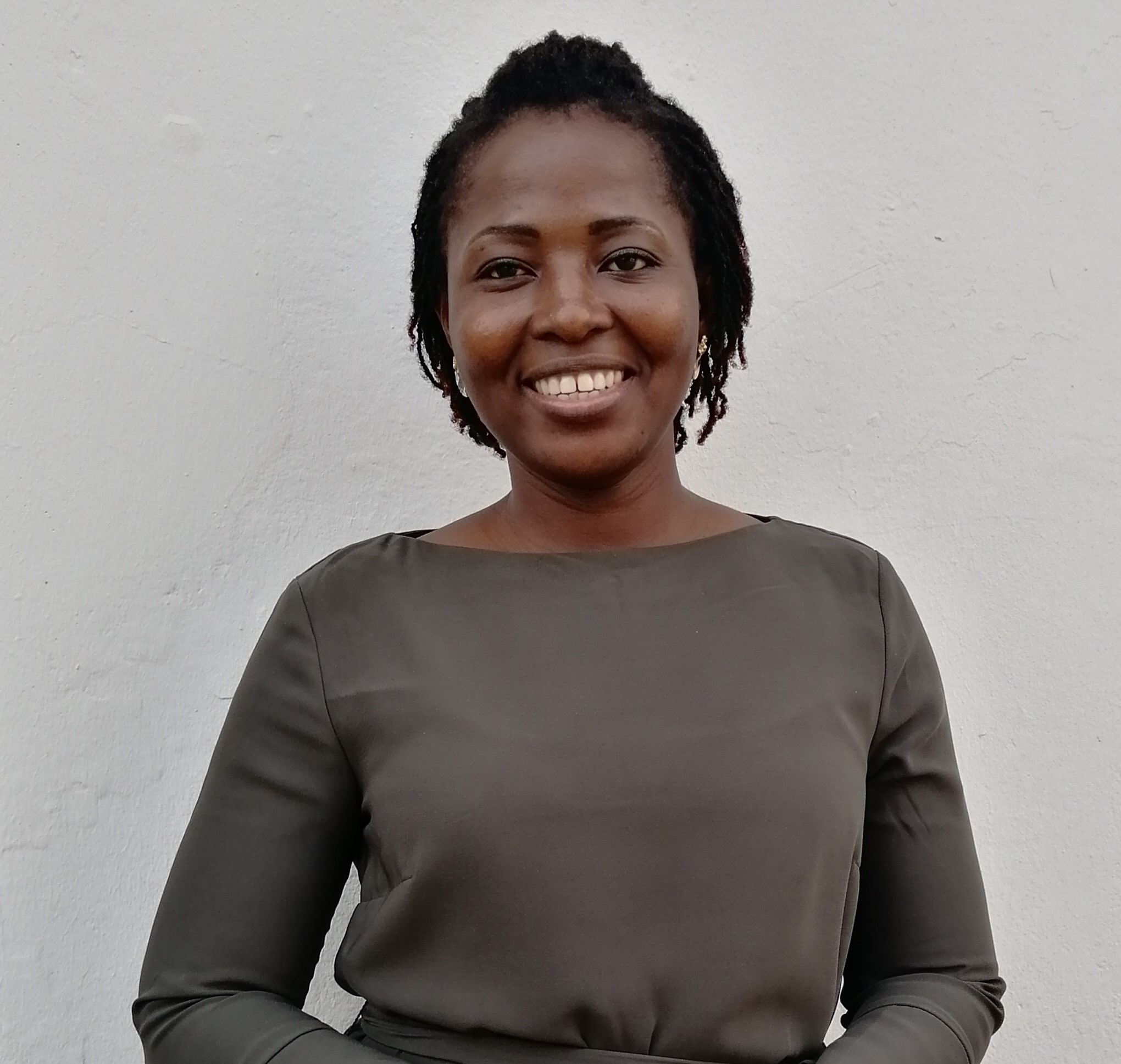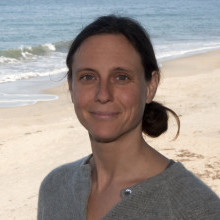Jeremy Goldbogen, Hopkins Marine Station (Stanford)
Hosted by the Vertebrate Ecology Lab
Presenting: "Integrative organismal biology at the largest scale"
MLML Virtual Seminar | December 3rd, 2020 at 4pm
Jeremy Goldbogen is a comparative physiologist and marine biologist. He started his research career studying locomotion in hummingbirds and Antarctic sea butterflies (pteropods) as an undergraduate student at the University of Texas at Austin. Jeremy then completed a M.Sc. degree in marine biology from the Scripps Institution of Oceanography at the University of California - San Diego. He earned his Ph.D. from the University of British Columbia in Vancouver, Canada, where he studied the feeding strategies of the largest baleen whales. He returned to Scripps as a postdoctoral researcher for one year before joining the Cascadia Research Collective in Olympia, WA for two years. He is now Assistant Professor of Biology at Stanford University, located at the Hopkins Marine Station in Pacific Grove, CA.


